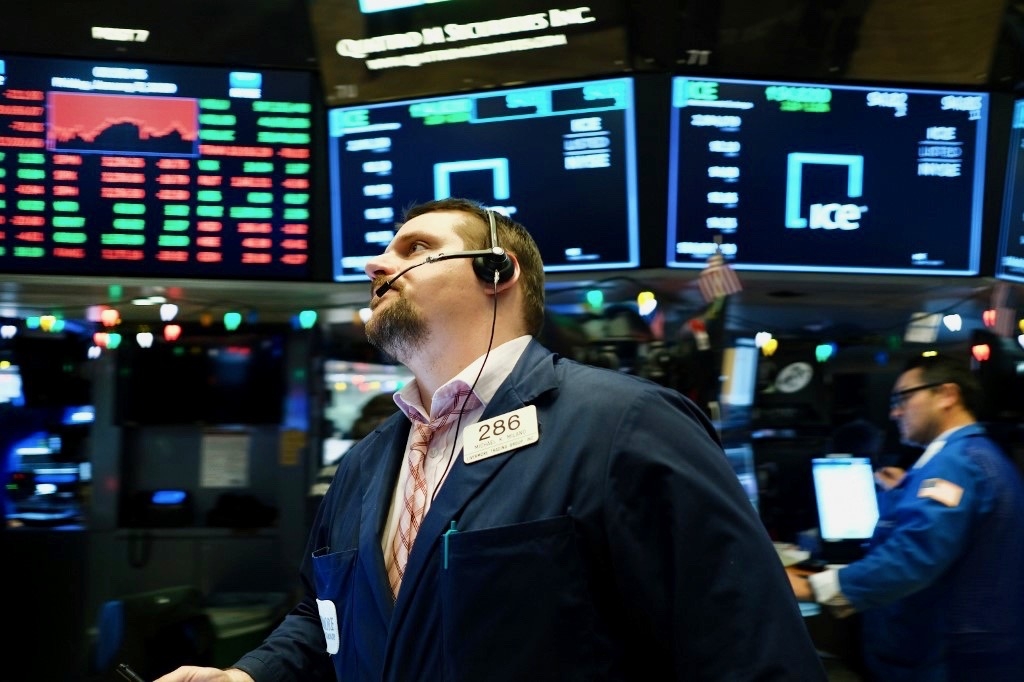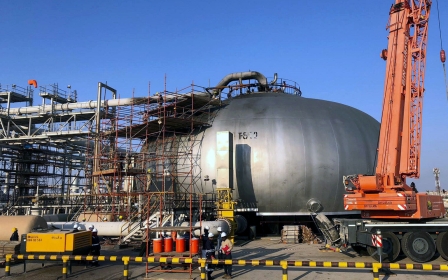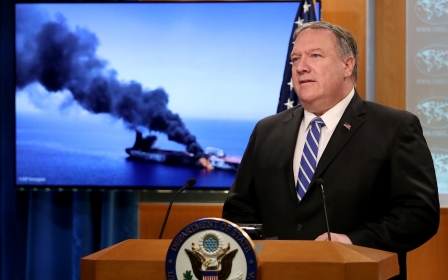Oil prices increase after US killing of top Iranian general fuels war fears

World oil prices jumped after the US killed a top Iranian general, fanning fresh fears of conflict in the crude-rich Middle East, with Tehran warning of "severe" retaliation.
While global stock markets were mixed following the US killing of Qassem Soleimani, oil prices jumped more than three percent late Friday.
In Washington, a Pentagon official said the US would deploy at least 3,000 additional troops to the Middle East as Iran's supreme leader Ayatollah Ali Khamenei promised "severe revenge" for the death of the military mastermind.
The killing of Soleimani represents "a significant spike in geopolitical risks and could lead to a direct confrontation between the US and Iran," Oxford Economics said in a commentary.
"The importance stems less from the potential loss of Iranian oil supplies... and more from the risk that this could spark a broader conflict that draws in Iraq, Saudi Arabia and others," Cailin Birch, global economist at the Economist Intelligence Unit told AFP.
"There is also a significant risk that Iran could launch a targeted attack on US ships in the region, which could disrupt seaborne crude oil flows and cause prices to rise further."
The strike escalates an already tense three-way situation among the US, Iran and Iraq. The two Middle East countries combined pumped more than 6.7 million barrels a day of oil last month, according to data compiled by Bloomberg, more than one-fifth of Opec output. Exports from both countries rely on shipping through the Strait of Hormuz, a narrow choke-point.
Jason Bordoff, a former Barack Obama administration official who now works for Columbia University, told Bloomberg News: "This is a seismic event in the region... This is how US-Iran tit-for-tat spirals out of control. Iran's response will be severe and deadly. And certainly may include escalating attacks on energy infrastructure."
Oil prices saw record gains in September after attacks on two Saudi Arabian facilities briefly slashed output in the world's top oil exporter by half, causing it to lose about $2bn in crude production in the aftermath of the attacks, which it blamed on Iran and Tehran denied.
Still, Birch talked down the prospect of a full-blown war and described oil price gains as "fairly muted" so far.
While the flare-up in US-Iran relations could bring about the end of the longest bull market ever if crude prices keep surging, slowing an already fragile global economy even further, investors showed we’re not yet at that point, according to CNBC.
European stock markets were mixed, while Wall Street retreated from records, with the Dow ending down 0.8 percent.
Meanwhile, investors piled into safe-havens, including government bonds, the Japanese yen and gold, which reached a near four-month peak.
Middle East Eye delivers independent and unrivalled coverage and analysis of the Middle East, North Africa and beyond. To learn more about republishing this content and the associated fees, please fill out this form. More about MEE can be found here.





